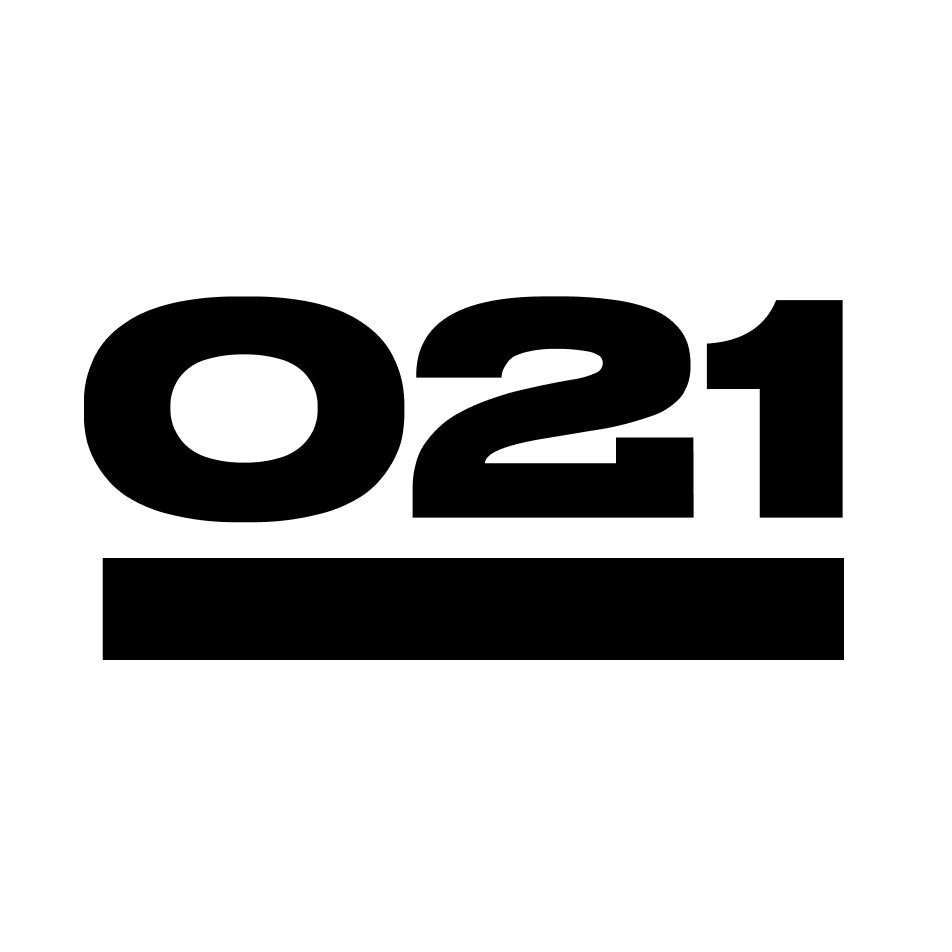Tiffany Lee (CAS ‘23) is the founder of Pieonair, which aims to combat isolation and burnout within the entrepreneurial space.
Read Lee’s interview to learn more about her entrepreneurial journey:
Tell us about your startup and the problem it aims to solve.
Our startup, 021/Pieonair, addresses the prevalent feelings of burnout, isolation, and self-doubt, especially among early-stage startup founders. We offer a streamlined networking solution, connecting these founders with peers who have similar mindsets. This allows them to exchange insights, experiences, and mutual support throughout their entrepreneurial journey. We strongly advocate for collaboration and collective growth. We envision entrepreneurship as a community-driven experience, ensuring that everyone, regardless of their location, has access to a supportive community and essential resources.
What inspired you to take this step into entrepreneurship?
During the pandemic, I remained in my native South Korea, where I joined an entrepreneurial group. It was there that I embarked on my inaugural entrepreneurial endeavor, stemming from my personal challenges in short-term apartment rentals. This experience introduced me to the rewarding nature of entrepreneurship, where solutions are crafted from personal needs. I subsequently delved deeper into areas I'm passionate about, such as wellness, connectivity, and community. This exploration eventually laid the foundation for 021/Pieonair.
What motivated you to apply to the Stern Venture Fellows accelerator? What are you hoping to gain from the experience?
I've always aspired to join the Stern Venture Fellows (SVF) program because of the tailored resources and mentorship it provides based on individual team requirements. The program hosts a diverse range of workshops—from branding to legal workshops—ensuring we're equipped with essential knowledge. Regular one-to-one coaching from other entrepreneurs provides valuable insights. The Berkley Center's office hours are instrumental in progress checks and addressing any hurdles. The networking opportunities, especially with SVF fellows in the health & wellness sector, are invaluable.
What has been the biggest turning point for you on your startup journey? What have been the biggest challenges you’ve faced so far in building your startup, and how have you overcome them?
Every startup founder grapples with a myriad of challenges daily. Our team's perspective is to embrace, learn, and grow from them. Among various challenges, the most daunting was pivoting our product after beta testing and user feedback. While our core mission remained intact, we had to reassess our product features, target audience, and delivery methods. Prioritizing customer feedback and adjusting our strategies accordingly was both challenging and invigorating.
Working on a startup takes a lot of time and energy. How do you try to keep a work/life balance?
Indeed, startups demand tremendous time and effort. Many founders inadvertently intertwine their identity with their company's trajectory, which can blur work-life boundaries. To combat this, I've adopted several rejuvenation strategies like periodic stretching, taking short walks, and indulging in new hobbies or experiences biweekly. These activities divert my focus from prolonged desk work and provide a necessary mental reprieve. While stress-relief methods vary among individuals, it's pivotal to discover and consistently implement strategies that promote work-life equilibrium.
What advice would you give to aspiring entrepreneurs, especially those just starting out?
Engage directly with your potential audience. The most transparent feedback comes from real-world interactions rather than online sources.
Expect and embrace rejection. While you'll encounter numerous naysayers, there will also be enthusiastic supporters awaiting your vision.
Prioritize self-care. Uphold a healthy lifestyle and discipline. Entrepreneurship is a marathon, not a sprint, so ration your energy accordingly.















